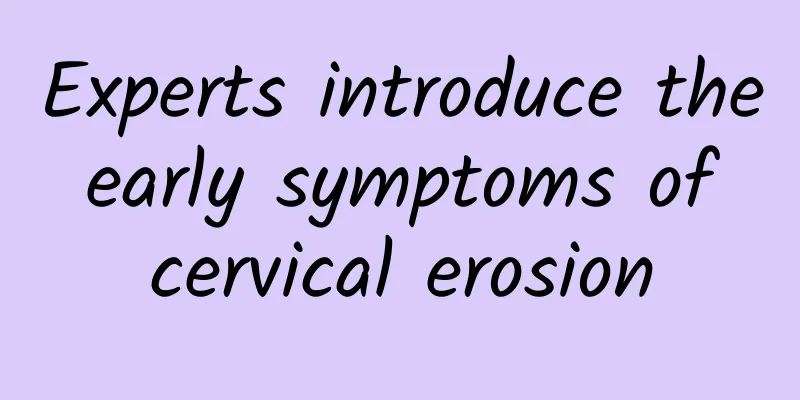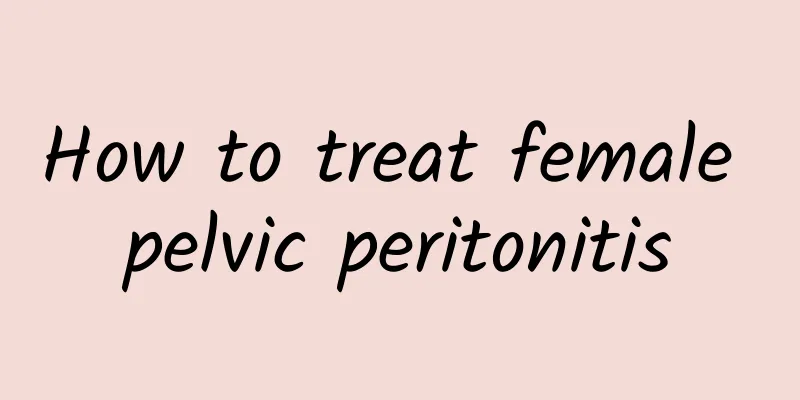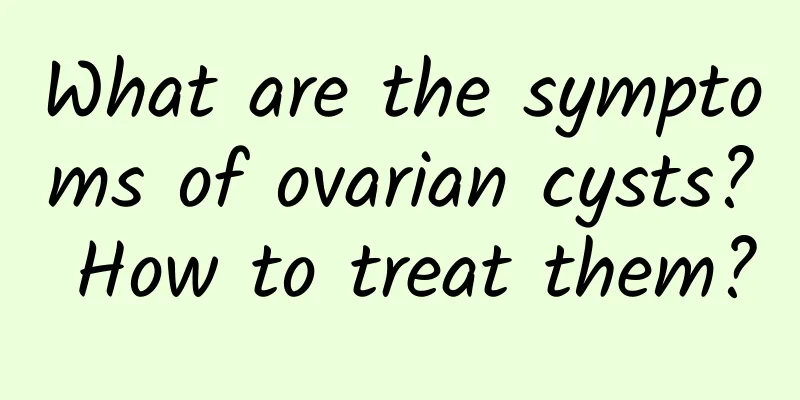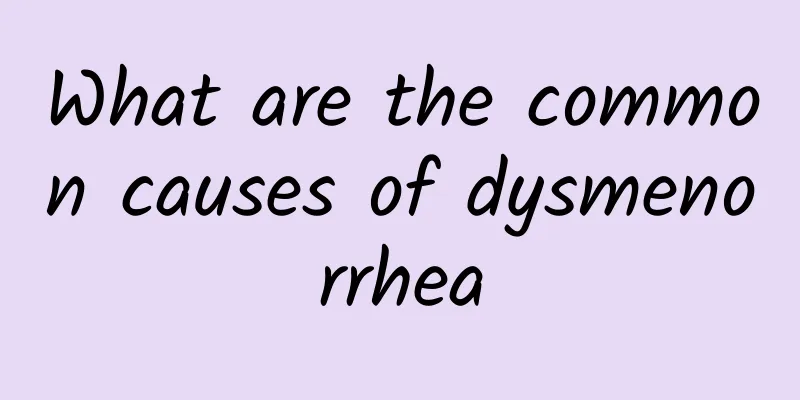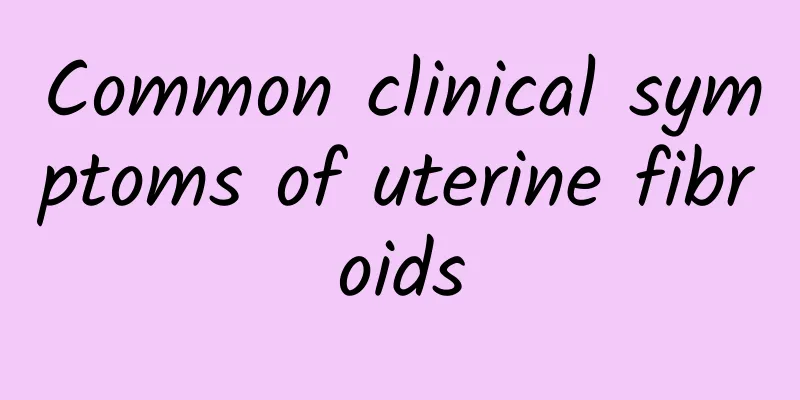What are the consequences of not removing uterine fibroids? Can uterine fibroids be treated without removing the uterus?
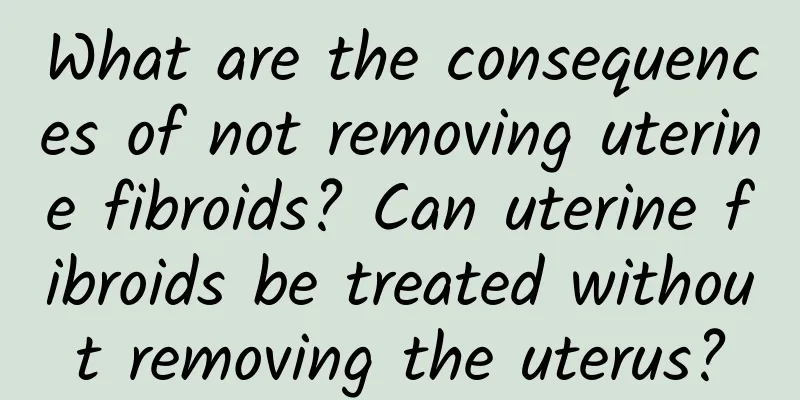
|
What are the consequences of not removing uterine fibroids? Can uterine fibroids be treated without removing the uterus? Uterine fibroids are common benign tumors in gynecology. In most cases, they do not need to be removed immediately, but whether to remove uterine fibroids still needs to be judged based on the specific circumstances. Uterine fibroids are caused by excessive proliferation of uterine muscle cells, which often occur in women of childbearing age. In some cases, uterine fibroids may cause a series of symptoms, such as irregular menstruation, dysmenorrhea, abdominal mass, etc. For those cases with no obvious or mild symptoms, some doctors may choose to observe and conservatively treat them without removing the uterus. However, if uterine fibroids cause obvious discomfort or severe symptoms, removal of the uterine fibroids may be necessary. For those cases who choose not to remove uterine fibroids, there are some potential impacts. First, not removing uterine fibroids may cause continuous bleeding or irregular menstruation, which will cause many inconveniences to women's daily lives. Secondly, uterine fibroids will increase and may put pressure on organs such as the bladder and rectum, leading to problems such as frequent urination and constipation. In addition, the presence of uterine fibroids may also lead to infertility or increase the risk of miscarriage because it may interfere with the implantation of the endometrium and the normal development of the fetus. Therefore, for women who are planning to become pregnant or are detected with uterine fibroids during pregnancy, it may be more appropriate to remove the uterine fibroids. However, not all uterine fibroids need to be removed immediately. For those uterine fibroids that are small, asymptomatic or with mild symptoms, doctors may recommend that patients control the condition through observation and conservative treatment. During the observation period, the doctor will regularly check the size and progression of the patient's uterine fibroids and adjust the treatment plan according to the specific situation. For some patients who have entered menopause, due to the decrease in estrogen levels, uterine fibroids may naturally shrink or even disappear, so resection surgery may not be necessary. Finally, it should be made clear that not removing the uterine fibroids is not a direct treatment for uterine fibroids. Not removing the uterine fibroids is only a measure to maintain disease control and does not solve the underlying problem. For those who have experienced multiple recurrences or severe symptoms, removing the uterine fibroids may be a better option and prevent further deterioration of the disease. In summary, not removing uterine fibroids may cause a series of discomfort and symptoms, and affect women's health and quality of life. However, not all cases require immediate removal, and doctors will determine whether surgical treatment is needed based on the patient's specific situation. Therefore, it is key to see a doctor in time and follow the doctor's advice. If you have symptoms or concerns about uterine fibroids, be sure to see a doctor and consult a professional doctor. |
Recommend
New Year's Wish Activity Fitness + Cooking Courses Great Success
The first month of 2018 is coming to an end. Have...
Abnormal leucorrhea, white, sticky foreign matter
Abnormal vaginal discharge is white and sticky, w...
Is vulvar itching a sign of vaginitis?
As for genital itching, many women may have exper...
One month after miscarriage, does menstruation mean that the uterus has recovered?
One month after miscarriage, does menstruation me...
Feeling depressed and irritable before going to bed, and feeling better after eating sweets? Nutritionist: Try these 5 happy foods
Thinking about many things and feeling irritable ...
Does cervical erosion in pregnant women affect fetal development? 4 issues that patients with cervical erosion need to pay attention to
In life, if pregnant mothers suffer from cervical...
How to diagnose and differentiate pelvic peritonitis
We must carefully understand and grasp the detect...
Can vitamin supplements prevent miscarriage during pregnancy? Let's take a look
Abortion usually refers to the termination of pre...
What should I do if I lose weight and end up with menstrual disorders or amenorrhea?
In order to lose weight quickly and have a good f...
Hyperprolactinemia diagnostic reference standard
Hyperprolactinemia is the most common disease in ...
What is endometriosis?
What is endometriosis? Endometriosis refers to th...
How much does a painless abortion cost?
After not seeing each other for a long time, when...
Can I still get pregnant with a uterine cyst?
Uterine cysts usually do not directly lead to inf...
3 dietary treatments to help treat pelvic inflammatory disease
When the female pelvic reproductive organs and th...
Is 1.6cm endometrium serious?
The thickness of the endometrium of 1.6 cm needs ...

